2018
SOURCING RISK MANAGEMENT  2016
2016 Aware of non-tier 1 suppliers and the potential risks emerging

| 26
CRITICAL SUPPLIERS |
1%
OF ACTIVE SUPPLIERS IS CRITICAL SUPPLIER |





| Category | # Critical Suppliers | Contribution to Annual Spend |
 PACKAGING |
12 | 22% |
 COMMODITY |
7 | 2% |
 CHEMICAL |
7 | < 1% |



ENVIRONMENTAL
 |
ENERGY |
 |
GHG EMISSIONS |
 |
WASTE |
 |
WATER |
SOCIAL
 |
CHILD & COMPULSORY LABOR |
 |
EQUALITY |
 |
EMPLOYMENT PRACTICE |
 |
HUMAN CAPITAL DEVELOPMENT |
 |
OCCUPATIONAL HEALTH & SAFETY |
GOVERNANCE
 |
ANTITRUST |
 |
CONFLICT OF INTEREST |
 |
CORRUPTION |
 |
REGULATORY COMPLIANCE |
| Document Audit / Online Assessment | On-site Audit | *Proxy On-site Audit | |
| ACTIVE SUPPLIERS |  |
||
| CRITICAL TIER 1 SUPPLIERS |  |
||
| CRITICAL NON-TIER 1 SUPPLIERS |  |
 |
|
| SUPPLIERS OF CRITICAL MATERIALS |  |
||
| SUPPLIERS OF FOOD CONTACT ITEMS |  |
||
| SUPPLIERS EXPOSED TO HIGH ESG RISKS |  |
 |





GOVERNANCE




 2016
2016 Aware of non-tier 1 suppliers and the potential risks emerging
 2017
2017 Utilize input from third-party database to identify risks from non-tier 1 suppliers
 2018
2018 Conduct on-site audit on critical non-tier 1 suppliers
 2019
2019 Collaborate and engage more with tier 1 suppliers to gain more visibility to risks emerging from non-tier 1 suppliers
 2020
2020 Cover 100% of critical non-tier 1 suppliers spend in the assessment
 2021 - 2025
2021 - 2025




 BARLEY |
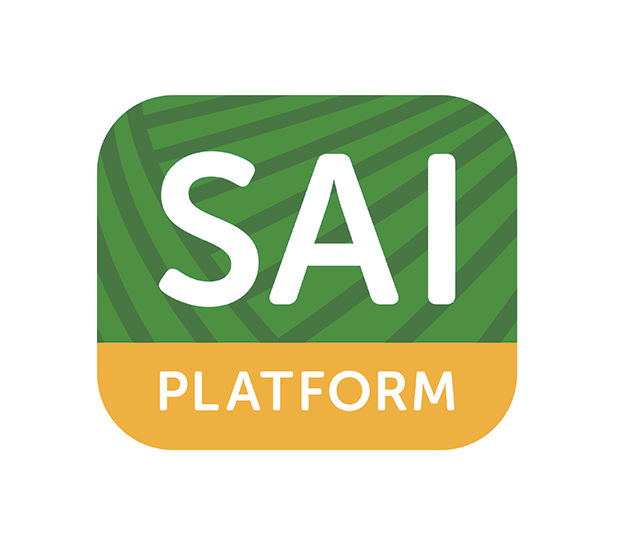 SAI |
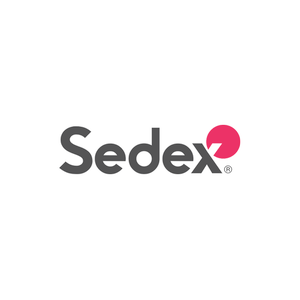 SEDEX |
 SUGAR |
 TEA LEAVES |
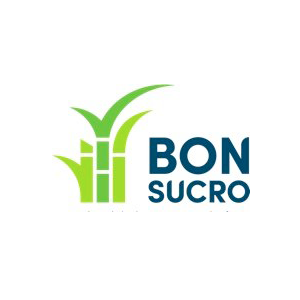 BONSUCRO |
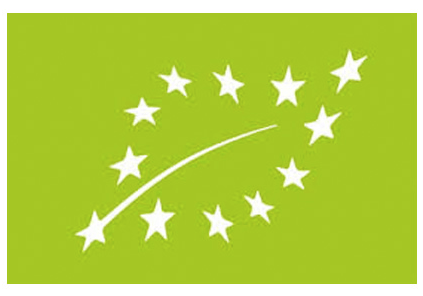 ORGANIC PRODUCT |
 PALM OIL |
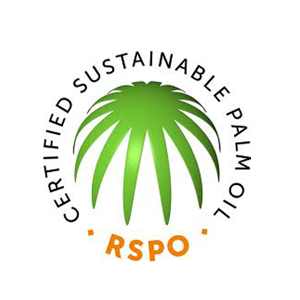 RSPO |




